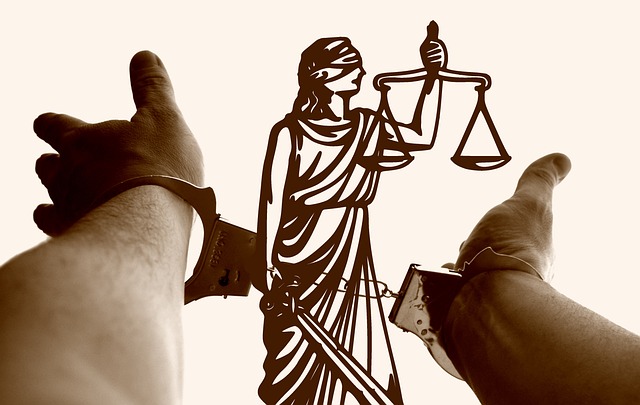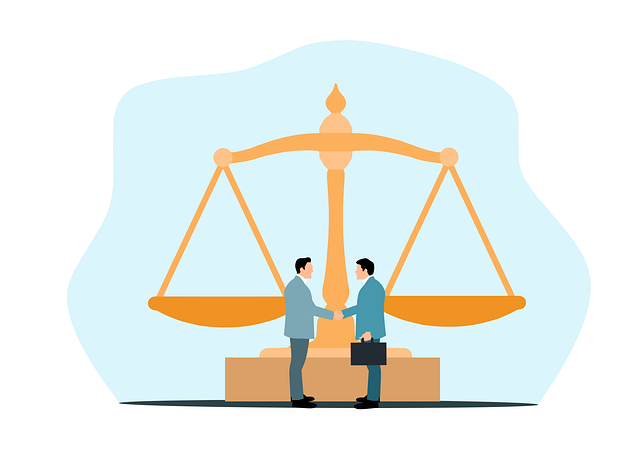The Common Issues in Administrative Law Cases, particularly around public corruption charges, present complex challenges from evidence collection to ensuring due process. While these cases encompass bribery, embezzlement, and conflict of interest, successful global prosecutions demonstrate a commitment to transparency and integrity. Procedural hurdles, like ensuring proper notice and avoiding jury trials, significantly impact outcomes, emphasizing the need for fairness in administrative proceedings. Defense strategies vary based on allegations, with common tactics challenging investigation legitimacy or leveraging technicalities, ultimately aiming for fair treatment and system-wide reform.
“Public corruption charges represent a significant challenge within administrative law, with far-reaching implications for governance and society. This article delves into the intricacies of understanding public corruption, exploring definitions and legal frameworks that shape these cases. We analyze common schemes such as bribery, embezzlement, and conflict of interest, uncovering the procedural challenges often faced in administrative law proceedings. Furthermore, strategies for defense are examined, alongside reform implications to address prevalent issues in these high-stakes battles against public misconduct.”
- Understanding Public Corruption Charges: Definitions and Legal Framework
- Common Schemes: Bribery, Embezzlement, and Conflict of Interest
- Procedural Challenges in Administrative Law Cases
- Strategies for Defense and Reform Implications
Understanding Public Corruption Charges: Definitions and Legal Framework
Public Corruption Charges delve into a web of illicit activities where individuals in positions of power abuse their authority for personal gain. This phenomena permeates various levels of government, from local officials to national leaders, and manifests through acts like bribery, embezzlement, and misuse of public funds. Understanding these charges necessitates navigating intricate legal frameworks that vary across jurisdictions but share common goals: deterrence, accountability, and restoration of trust in governance.
The complexity of corruption cases is reflected in the common issues in administrative law cases they present. From gathering evidence through all stages of the investigative and enforcement process to ensuring due process rights for accused individuals, every step demands meticulous attention. Moreover, distinguishing between legitimate political activities and corrupt practices becomes paramount, especially when addressing philanthropic and political communities. An unprecedented track record of successful prosecutions underscores the evolving nature of anti-corruption efforts, demonstrating a global commitment to fostering transparency and integrity in public life.
Common Schemes: Bribery, Embezzlement, and Conflict of Interest
Public corruption charges often stem from common issues in administrative law cases, such as bribery, embezzlement, and conflict of interest. Bribery, a prevalent scheme, involves offering or accepting something of value to influence a public official’s decision, which is illegal under various statutes. Embezzlement, on the other hand, occurs when a public servant misappropriates funds or property entrusted to them, demonstrating a breach of fiduciary duty.
Conflict of interest arises when a public official’s personal interests interfere with their duties, leading to unfair practices and decisions. These schemes are often targeted during all stages of the investigative and enforcement process, as authorities seek to uncover illicit activities and ensure justice for victims of white-collar and economic crimes. A complete dismissal of all charges is rare, as robust legal frameworks exist to combat these common issues in administrative law cases.
Procedural Challenges in Administrative Law Cases
In Administrative Law cases involving public corruption charges, procedural challenges are common issues that can significantly impact the outcome of a case. These challenges often arise due to complex legal frameworks and the unique nature of administrative proceedings. One major hurdle is ensuring proper notice to all parties involved, as any failure to provide adequate notification can lead to a complete dismissal of all charges. This is crucial in cases where public officials are accused of white-collar and economic crimes, as transparency and adherence to due process are paramount.
Another common issue is the lack of jury trials in administrative law cases. Unlike criminal cases that involve serious offenses, administrative proceedings typically do not offer the same right to a jury trial. This can be problematic for defendants facing public corruption charges, as it may limit their ability to have their case heard and decided by a group of peers, which is a fundamental principle of our judicial system. As a result, efficient navigation of these procedural challenges is essential for securing a fair and just resolution in such cases.
Strategies for Defense and Reform Implications
Public corruption charges often present unique challenges for defendants facing administrative law cases. Strategies for defense can vary widely depending on the specific allegations and legal framework involved. One common approach is to challenge the legitimacy of the investigation itself, questioning procedural errors or biases that may have influenced the evidence gathering process. Defendants may also leverage technicalities in the law or previous case precedents to mount a strong defense.
The ultimate goal for those accused is not just winning challenging defense verdicts but ensuring that all stages of the investigative and enforcement process are conducted fairly. This includes demanding transparency, requesting detailed documentation, and actively participating in the investigation to mitigate potential errors. By employing these strategies, individuals can hope to clear their names or at least reduce the severity of any penalties while also driving reform within the system by exposing common issues in administrative law cases.
Public corruption charges, as explored through the lenses of understanding definitions, common schemes, procedural challenges, and defense strategies, highlight the intricate nature of administrative law cases. By recognizing the pervasive impact of these issues on governance and public trust, it becomes imperative to address common problems in administrative law cases head-on. This includes strengthening legal frameworks, enhancing transparency, and fostering a culture of accountability. Reform implications necessitate a holistic approach that combines stricter penalties for offenders with innovative strategies to prevent corruption, ultimately ensuring a more equitable and just society.






